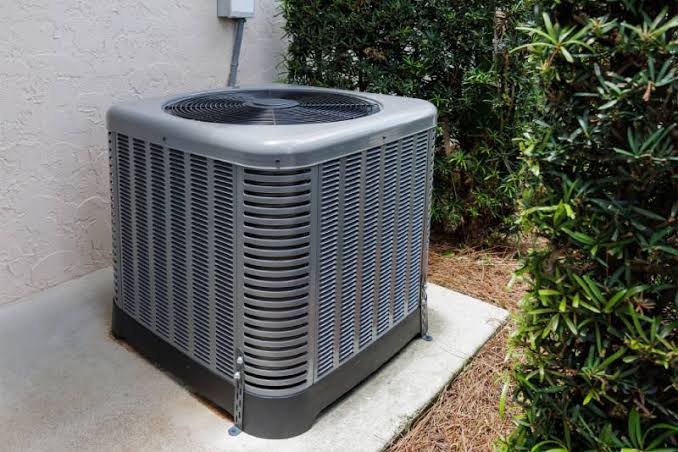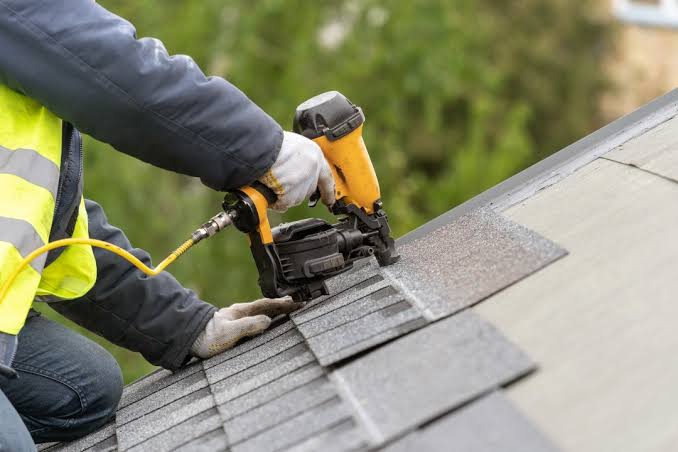Key Takeaways:
- Indoor air quality significantly influences HVAC system efficiency.
- Clean air filters and regular maintenance can improve air quality and system performance.
- Using natural air purifiers like plants can be beneficial.
Why Air Quality Matters
Indoor air quality is often overlooked in home and office environments, yet its impact is profound. The Environmental Protection Agency highlights that indoor air pollution can surpass outdoor levels, with sources including everyday items like cleaning agents, paint, and even furniture. Poor air quality can cause allergies and respiratory problems and reduce the efficiency of heating, ventilation, and air conditioning (HVAC) systems. This link highlights the need for integrating services like air conditioning repair Dayton Ohio, into regular maintenance routines to ensure systems function at their best.
The Impact on System Performance
HVAC systems are engineered to provide comfort by regulating temperature and ensuring air quality. However, contaminants such as dust, pollen, and mold can accumulate within these systems, forcing them to work harder to maintain temperature stability—resulting in increased energy consumption and the likelihood of mechanical failure. By trapping pollutants, a clogged system diminishes airflow, undermining the system’s efficiency and increasing utility costs. Furthermore, continuous exposure to poor indoor air quality can degrade an HVAC system’s main components, reducing lifespan and necessitating frequent repairs or premature replacement.
Steps to Improve Air Quality
Enhancing indoor air quality can seem daunting, but it can be achieved through a series of practical steps:
- Regular Filter Changes: Regular maintenance begins with changing air filters. This seemingly simple task involves removing the old filter and installing a new one, greatly enhancing air quality. Filters can be checked once a month and replaced every one to three months, depending on usage and environmental factors, such as having pets or living in areas with higher dust levels.
- Use Quality Filters: To significantly improve air quality, upgrading to High-Efficiency Particle Air (HEPA) filters is advisable. These filters can trap finer particles, including many allergens, providing cleaner, healthier air throughout your living space.
- Professional Maintenance: Enlisting the services of experienced technicians ensures a comprehensive maintenance check. They can identify issues that routine checks might miss, such as leaks and electrical problems, and offer tailored solutions that enhance air quality and system performance.
- Natural Air Purifiers: Beyond mechanical solutions, integrating natural elements such as houseplants can help purify air. Studies, notably NASA’s Clean Air Study, have identified plants such as the Boston fern, spider plant, and peace lily as excellent pollution removers, acting as biological filters.
Benefits of Clean Air Filters
Clean air filters are crucial for indoor air quality and system efficiency. Filters act as the first defense against airborne particles that can infiltrate and wreak havoc on a system’s operational capability. Maintaining clean filters ensures that air flows unobstructed promotes efficient operation, and minimizes exposure to pollutants, benefiting respiratory health. Furthermore, clean filters reduce the strain on your fan, lowering energy bills and prolonging the system’s lifespan.
The Role of Ventilation
Proper ventilation is critical in managing indoor air quality, as it mitigates the impact of pollutants by facilitating the regular exchange of indoor and outdoor air. Effective ventilation strategies, such as cross-ventilation, capitalize on natural air currents, naturally cycling old air out and fresh air in. Enhanced hybrid systems that combine mechanical and natural ventilation provide the best results. According to Harvard Health, good ventilation is linked to fewer cases of respiratory illness, emphasizing its importance in creating a healthy environment.
Monitoring and Regulation
Adopting modern technology has empowered homeowners to monitor indoor air quality proactively. Smart home devices equipped with sensors can detect the presence of harmful pollutants and provide real-time updates to homeowners, enabling swift action to rectify poor air quality. Adopting such solutions ensures that deteriorating conditions don’t blindside homeowners. Furthermore, knowledge of current air quality can guide decisions on ventilation usage and prioritize which improvements to make for optimal indoor comfort.






